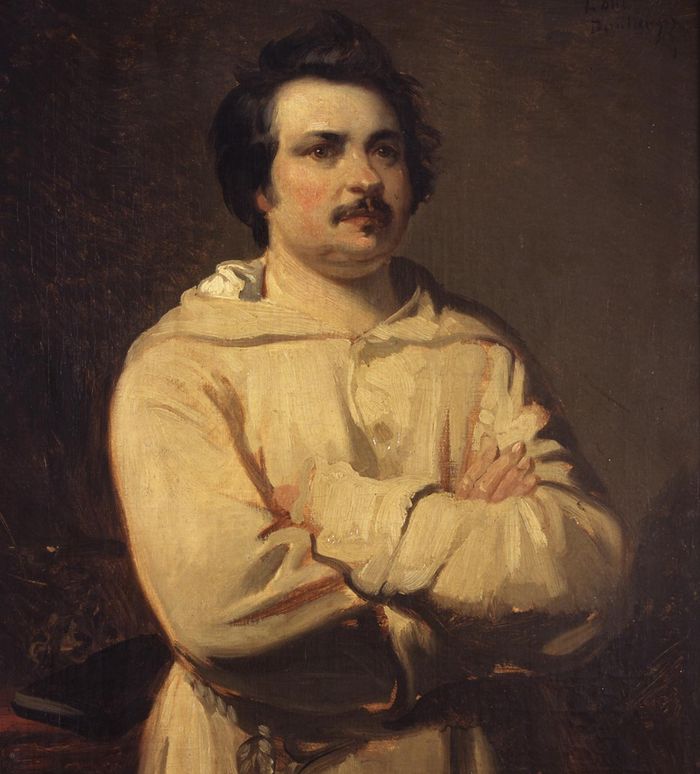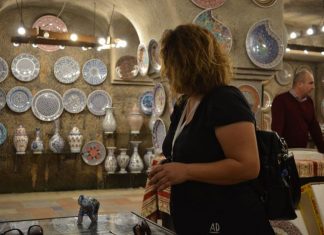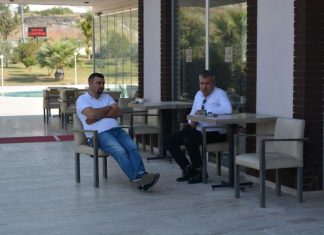After exchanging a few more words with me, my landlady left me a prey to vague and gloomy thoughts, to a romantic curiosity, and a religious terror not unlike the profound impression produced on us when by night, on entering a dark church, we perceive a faint light under high arches; a vague figure glides by—the rustle of a robe or cassock is heard, and we shudder.
Suddenly the Grande Breteche and its tall weeds, its barred windows, its rusty ironwork, its closed doors, its deserted apartments, appeared like a fantastic apparition before me. I essayed to penetrate the myster¬ious dwelling, and to find the knot of its dark story—the drama that had killed three persons. In my eyes Rosalie became the most interest¬ing person in Vendome.
As I studied her, I discovered the traces of secret care, despite the radiant health that shone in her plump counte¬nance. There was in her the germ of remorse or hope; her attitude revealed a secret, like the attitude of a bigot who prays to excess, or of the infanticide who ever hears the last cry of her child.
Grande Breteche
Yet her man¬ners were rough and ingenuous—her silly smile was not that of a criminal, and could you but have seen the great kerchief that encom¬passed her portly bust, framed and laced in by a lilac and blue cotton gown, you would have dubbed her innocent. No, I thought, I will not leave Vendome without learning the history of the Grande Breteche. To gain my ends I will strike up a friendship with Rosalie, if needs be.
“Rosalie,” said I, one evening.
“Sir?”
“You are not married?”
She started slightly.
“Oh, I can find plenty of men, when the fancy takes me to be made miserable,” she said, laughing.
She soon recovered from the effects of her emotion, for all women, from the great lady to the maid of the inn, possess a composure that is peculiar to them.
“You are too good-looking and well favored to be short of lovers. But tell me, Rosalie, why did you take service in an inn after leaving Madame de Merret? Did she leave you nothing to live on?”
“Oh, yes! But, sir, my place is the best in all Vendome.”
The reply was one of those that judges and lawyers would call eva¬sive. Rosalie appeared to me to be situated in this romantic history like the square in the midst of a chessboard. She was at the heart of the truth and chief interest; she seemed to me to be bound in the very knot of it. The conquest of Rosalie was no longer to be an ordinary siege—in this girl was centered the last chapter of a novel, therefore from this moment Rosalie became the object of my preference.
Read More about Report of his Mission to Constantinople part 18









